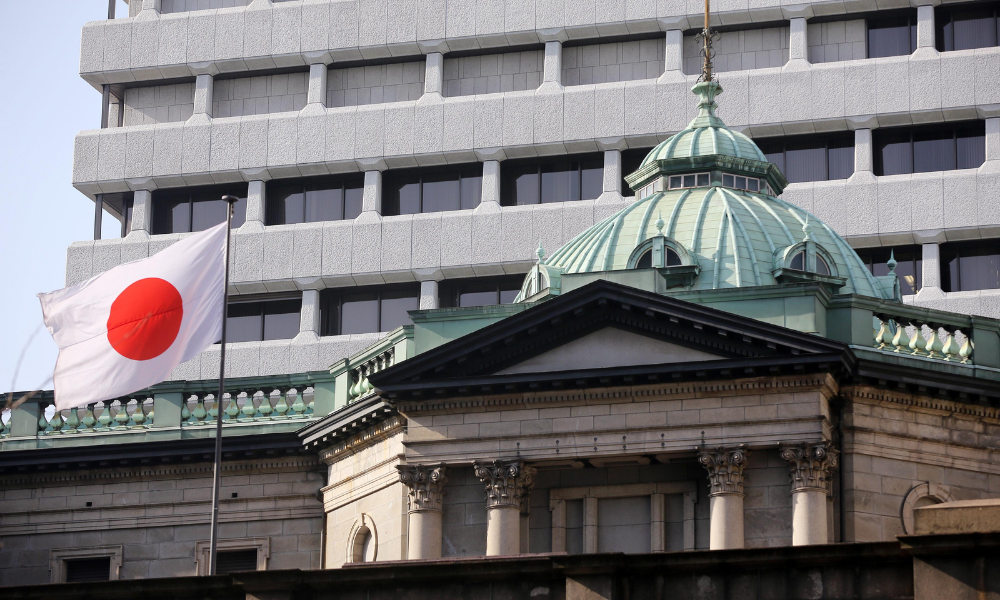
The Bank of Japan maintained its massive stimulus on Friday and warned of risks to a fragile economic recovery from the Ukraine crisis, reinforcing expectations it will remain an outlier amid a global shift towards tighter monetary policy.
The BOJ’s dovish tone is in stark contrast with the U.S. Federal Reserve and the Bank of England, which raised interest rates this week to stop fast-rising inflation from becoming entrenched.
As widely expected, the BOJ maintained its short-term rate target at -0.1%, and that for the 10-year bond yield around 0% at the two-day policy meeting that ended on Friday.
“Japan’s economy is picking up as a trend,” the BOJ said in a statement. The view was less optimistic than that of the previous meeting in January when it said the economy was showing “clearer signs of a pick-up.”
The central bank also warned of fresh risks from the Ukraine crisis, which it said was destabilizing financial markets and sharply pushing up raw material costs.
“There is very high uncertainty on the impact developments in Ukraine could have on Japan’s economy and prices via markets, raw material prices, and overseas economies,” the statement said.
| ✅Claimed In 2022 Three Most Effective Trading Indicators For Forex Traders |
While inflation is seen approaching or even exceeding its 2% target in the coming months, the BOJ is in no mood to withdraw stimulus as it sees the recent energy-driven price rise as transitory and a possible threat to an economy only just recovering from the coronavirus pandemic.
The world’s third-largest economy likely saw growth stall in the current quarter as supply disruptions and Covid-19 curbs hobbled output and consumption.
At his post-meeting briefing, BOJ Governor Haruhiko Kuroda is likely to stress his resolve to sustain huge monetary support until the rise in inflation is accompanied by strong wage growth.
Earlier in the day, data showed Japan’s core consumer prices rose 0.6% year-on-year in February, below the BOJ’s target but marking the fastest pace in two years in a sign of growing inflationary pressure from higher energy costs.
Related Article
Bank Of Japan Maintains Huge Stimulus-Warns Of Growth Risks From Ukraine Crisis
Gold Gains As Fed Hikes Rates As Expected
Stocks Walk On The Bright Side Of The Road With Powell
In a sign of the pain, rising fuel costs are already inflicting on households, energy and electricity bills both shooting up by around 20% in February from year-before levels, the fastest pace since 1981. Source: CNBC